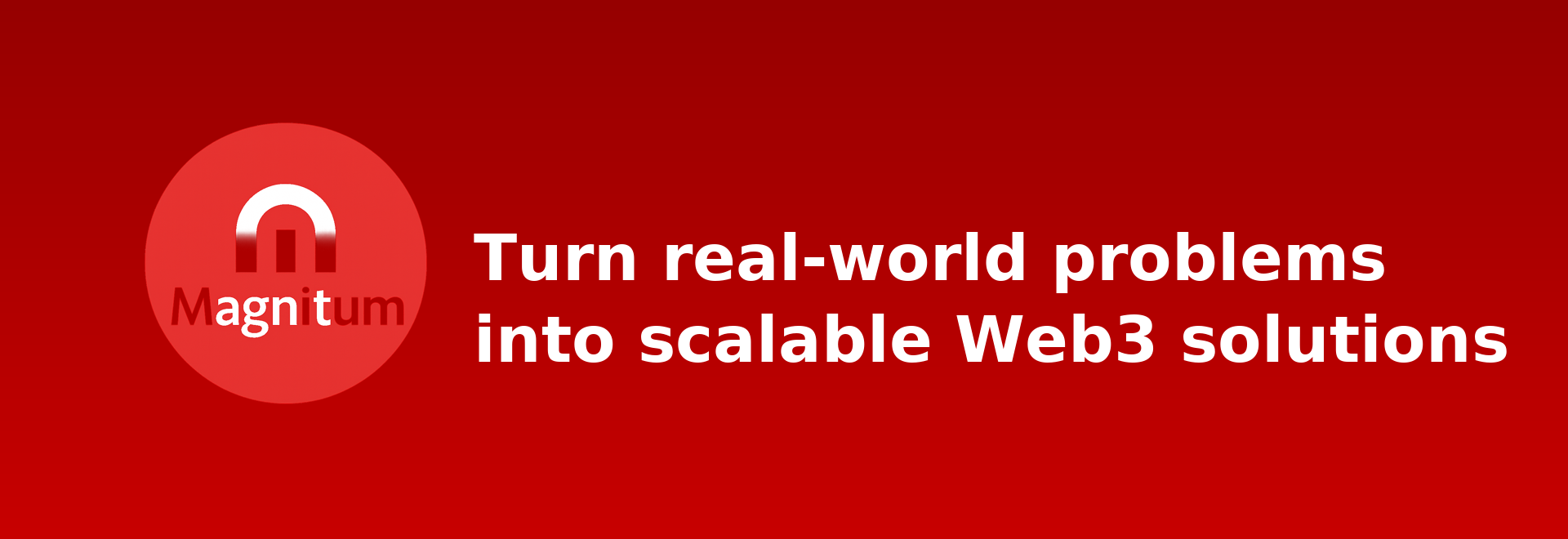
The Technology Innovation
Problem. Outsourced ML inference on heterogeneous GPU/edge nodes lacks trust. Providers and enterprises can’t reliably verify what model ran, that the full computation was performed (not replayed or truncated), or how resources were metered. Existing approaches either (a) rely on trusted hardware (TEEs) and centralized logs—fragile with driver/runtime drift and opaque to independent auditors—or (b) use zero-knowledge proofs of ML that remain orders-of-magnitude too slow for real-time inference.
Innovation. We propose a verifier/validator stack for decentralized, device-agnostic inference that produces auditable evidence of execution with practical overhead. The stack combines:
- Proof-of-Inference Artifacts: cryptographic commitments over inputs/model digests; trace sampling of intermediate activations/kernels; canary micro-workloads embedded into real traffic; and selective redundancy (N-of-M re-runs) guided by risk scores.
- Sybil/Collusion-Resistant Auditing: randomized assignment, stratified sampling across nodes, and anomaly detection over latency/energy/accuracy signatures.
- SLA-Aware Metering: verifiable telemetry for time/latency/energy tokens tied to inference requests, enabling trusted billing and QoS enforcement independent of any single provider.
- Hybrid Trust: optional TEE attestation where available, but verification does not depend on TEEs, preserving portability across drivers, runtimes, and commodity GPUs.
Why it’s new and better. Unlike TEE-only systems, our verification is portable and auditable; unlike zkML, our approach targets sub-15% runtime overhead for common inference tasks (embeddings, classification) by verifying carefully chosen portions of the computation and correlating them with metering signals that are difficult to forge at scale. This enables verifiable ML marketplaces and edge inference where results and billing can be trusted by counterparties and regulators.
Adoption thesis. Buyers already outsource inference (LLM APIs, GPU resellers, edge fleets) but over-provision and keep sensitive traffic in-house due to lack of trust. A device-agnostic, auditable verification layer reduces cost and risk: it unlocks cheaper heterogeneous supply, enables provable SLAs, and simplifies compliance (independent validation trails). Early adopters are GPU networks, API providers, and enterprises with regulated workloads that need verifiable outsourcing at practical overheads.
